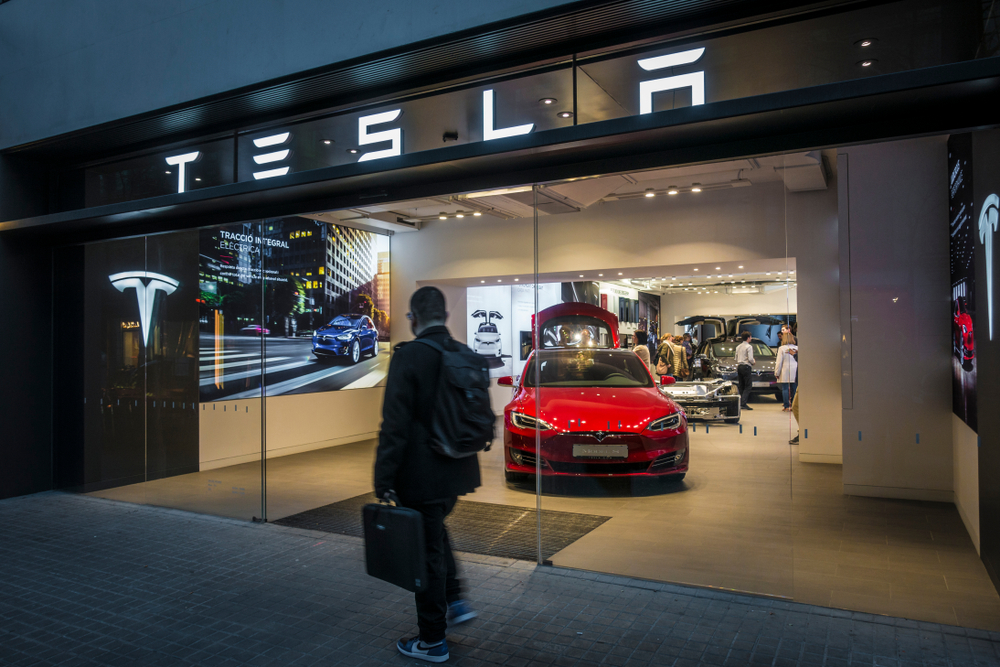Elon Musk, CEO of Tesla, has recently expressed his reservations about advancing the company’s AI and robotics capabilities without having more control over the company.
Currently holding approximately 13% of Tesla’s shares, Musk stated his discomfort with expanding the company’s R&D in AI without controlling at least 25% of the votes.
He believes that a 25% stake would make him “influential” yet able to be overturned by other shareholders. Otherwise, he fears the company might steer towards poorly aligned or unethical activities.
Musk mentioned on X, “If I have 25%, it means I am influential, but can be overridden if twice as many shareholders vote against me vs for me. At 15% or lower, the for/against ratio to override me makes a takeover by dubious interests too easy.”
I am uncomfortable growing Tesla to be a leader in AI & robotics without having ~25% voting control. Enough to be influential, but not so much that I can’t be overturned.
Unless that is the case, I would prefer to build products outside of Tesla. You don’t seem to understand…
— Elon Musk (@elonmusk) January 15, 2024
Musk’s stance on AI is complex. Despite his bullishness about Tesla’s AI potential, he is also known for his skepticism about the technology.
He founded xAI alongside some top-tier industry alumni researchers with a characteristically bold ambition to ‘understand the universe,’ with the company releasing its first product, the Grok chatbot, last year. xAI is still in the process of raising $1 billion.
Despite founding xAI, Musk has repeatedly warned about AI posing an existential threat to humanity and has been critical of OpenAI and ChatGPT, a company and product he co-founded.
His concerns about AI’s dangers are longstanding, dating back to at least 2018, when he compared the technology’s risks to those of nuclear weapons.
xAI can’t realistically use all of Tesla’s computing power, as they’re separate companies, so this would lead to a conflict of interest. Awkwardly, xAI is the one with the expertise and vision, and Tesla with the hardware.
Musk’s latest demands have stirred a mix of reactions in the business world. Wall Street analysts see Tesla’s AI and supercomputer products as potentially huge revenue generators, similar to Amazon’s AWS cloud services.
However, his suggestion of building AI products outside of Tesla if his demands for more control aren’t met has been met with caution.
Wedbush analyst Dan Ives stated, “[Wall] Street views Tesla correctly (in our view) as a disruptive tech leader, and if Musk ultimately went down the path to create his own company (separate from Tesla) for his next generation AI projects this would clearly be a big negative for the Tesla story.”
“We also believe Musk having a back and forth about such an important issue over X is far from ideal for the investment community around Tesla and creates a distraction and likely some selling pressure this morning.”
Meanwhile, Third Point founder and activist hedge fund manager Dan Loeb critiqued Musk’s approach, bluntly remarking, “That’s not how corporate governance works.”
Musk suggested adopting a dual-class voting structure to gain more company control, but that’s largely infeasible under Delaware corporate law, which governs Tesla.
This reflects the broader concern about the implications of a CEO demanding more control in a way that could be perceived as contrary to the best interests of shareholders – we saw plenty of debates on that topic with the OpenAI leadership fiasco.





